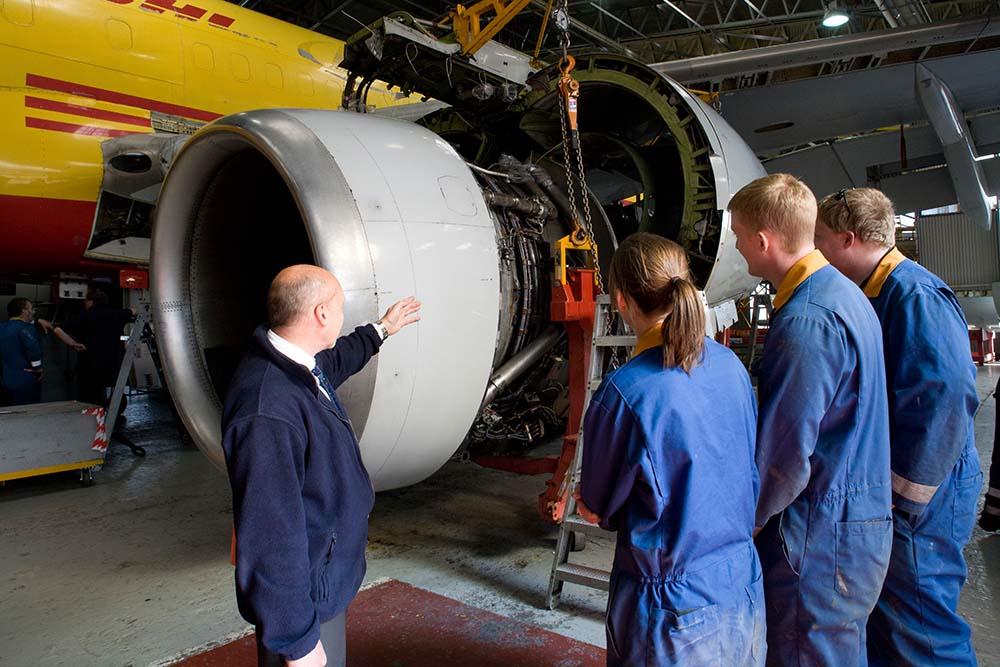Opinion: Aviation’s Battle For New Talent, Workplace Synergy

Credit: Antony Souter/Alamy Stock Photo
There is an elephant in the room, and it is time to address it. Aviation organizations worldwide rely on the quality of their talent—and competition for top professionals is fiercer than ever. Not only are we facing inter-industry rivalry due to talent shortages, but we are also up against...
Opinion: Aviation’s Battle For New Talent, Workplace Synergy is part of our Aviation Week & Space Technology - Inside MRO and AWIN subscriptions.
Subscribe now to read this content, plus receive full coverage of what's next in technology from the experts trusted by the commercial aircraft MRO community.
Already a subscriber to AWST or an AWIN customer? Log in with your existing email and password.




